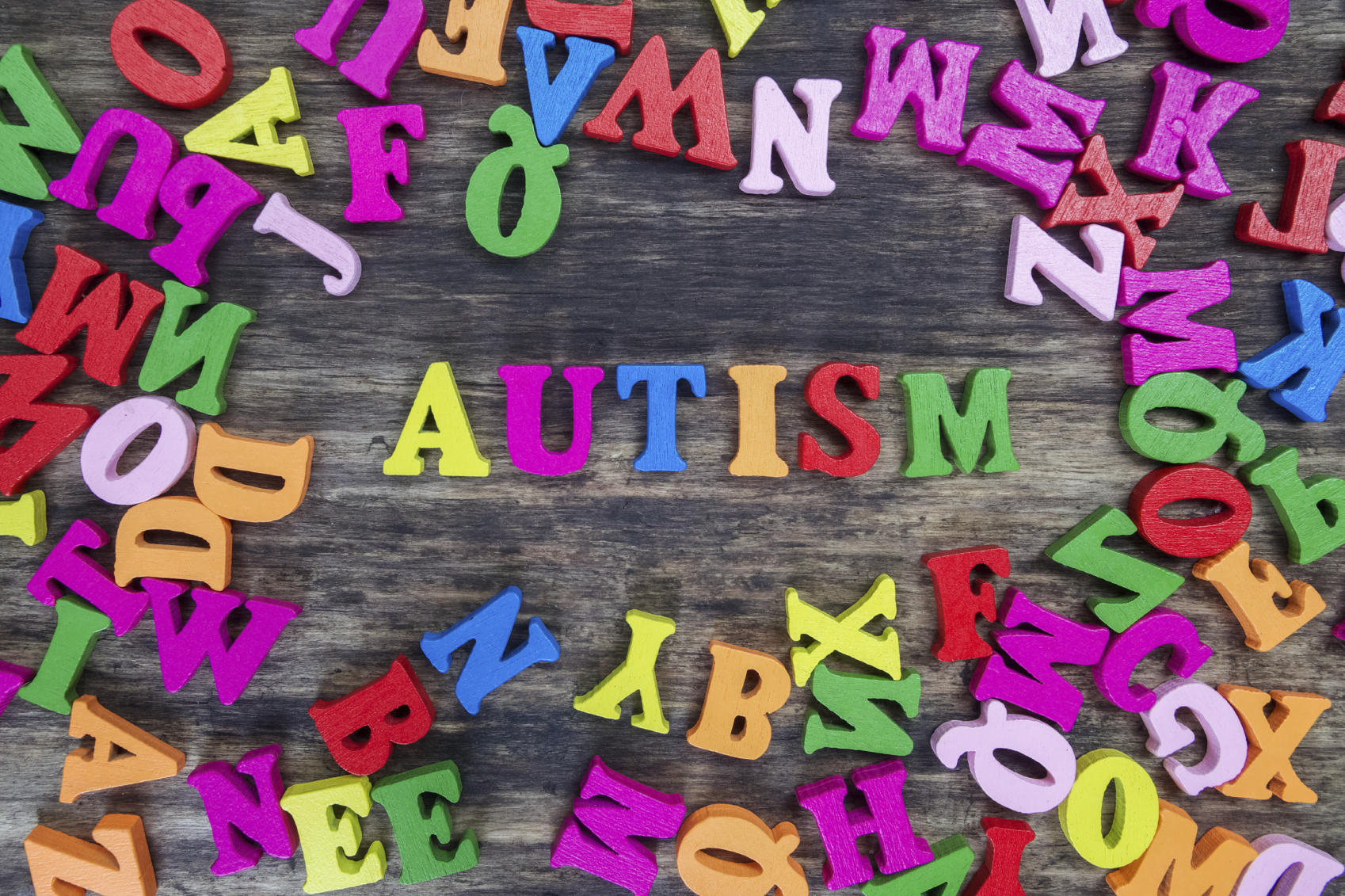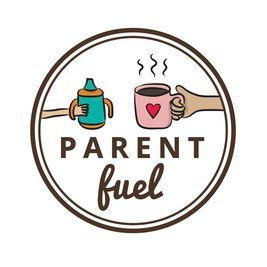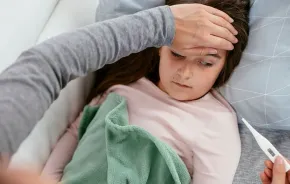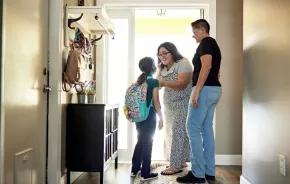
One in every 68 American children has an autism spectrum disorder (ASD). Thankfully, research is underway to help us learn more — and it's happening in our own backyard.
SPARK, a national project involving people who live with ASD and their families, has partnered with the University of Washington (UW) and the Seattle Children’s Autism Center to compile a database all about autism. The database, the largest of its kind, will include genetic, behavioral and environmental details about people of all ages who live with ASD including Asperger syndrome, autism/autistic disorder and pervasive developmental disorder-not otherwise specified (PDD-NOS).
More than 500 Seattle-area families have already enrolled in SPARK, which is funded by the Simons Foundation Autism Research Initiative (SFARI). To learn more about Seattle’s contribution and the program in general, I spoke with Jennifer Gerdts, SPARK project director and an assistant professor of psychiatry and behavioral sciences at the UW.
How did the SPARK study come about?
The SPARK study really came from recognizing that we need a massive amount of families to participate in research to make some headway into understanding the causes of autism, which is a huge spectrum disorder. There’s a saying that goes, ‘If you’ve met one child with autism, you’ve met one child with autism’ because they’re all so different. Not only are people’s specific symptoms different, but the particular causes of the person’s autism are different. If we want to understand a large portion of the causes, we need a massive number of families to participate. SFARI’s goal is to have 50,000 families participate.
How does SPARK collect data from participants?
One of the benefits of SPARK is that it can be completed entirely from the comfort of people’s homes. Registration is through an easy-to-use online portal. After that, families have the option of providing a saliva sample through a kit mailed to their home. They will then mail the kits back to us at no cost to them … We can actually extract DNA from these saliva samples, which is how we landed on this method for SPARK and how it’s possible to test so many families.
How long will study be open to new participants?
The study is expected to continue for three years and will stay open for the entire time period. The goal is 50,000 participants, but if more families than that express interest, great! One of the benefits of SPARK is study participants can chose to receive free genetic testing results. The sooner they enroll, the sooner they have the potential to receive these results.
Will every participant receive genetic testing results, and if so, how?
When families fill out the online registration, they can chose to receive the genetic test results or they can chose not to receive the results.
If a participant choses to receive results [which, for some, should occur within several months], they tell us the name of a specific medical provider to whom they want results released. Families will be notified if and when they have a genetic testing result of interest [SPARK will confirm the provider information at that time].
Families will then make an appointment with their chosen medical provider, who will talk through the results. We don’t release results directly to families because we want families to understand the context behind the results. Only a portion of participants will chose to receive the results, and only a portion will have interesting and relevant genetic findings.
What do researchers hope to learn from SPARK?
We hope to speed up autism research. There are about 50 genes that we know to play an important role, but research suggests that there are possibly around 500 genes total that might play some role as well. There’s a lot of progress to be made in the field of autism. This study would allow us to fill in some of that knowledge gap.
Another goal is to create this large community of families impacted by autism. We want to increase access to good information on autism.
SPARK will also allow us to create a large research registry … then families can be invited to participate in other studies based on their results. SPARK might potentially lead to clinical trials based on individual genetic events, as well as individualizing treatments for autism based on known genetic ideology.
Why is SPARK so exciting to researchers and to families who have autistic members?

The demographic reach of research of autism so far has been really limited. Only a small portion of families in the United States affected by autism have chosen or have been able to participate in research to date. This study is hoping to reach out to any family anywhere in the U.S. that has a diagnosis.
Because registration is online and because we are mailing collection kits to people’s homes for them to supply us with a saliva sample, this can be an entirely remote participation study. We want to reach out to and include families that haven’t traditionally participated in research before.
How can people sign up to participate?
People interested in participating can visit the website or call our study coordinator at 206-987-7917. If people have questions about signing up or need help with the registration, we have Seattle-based staff who can help over the phone or in person.











